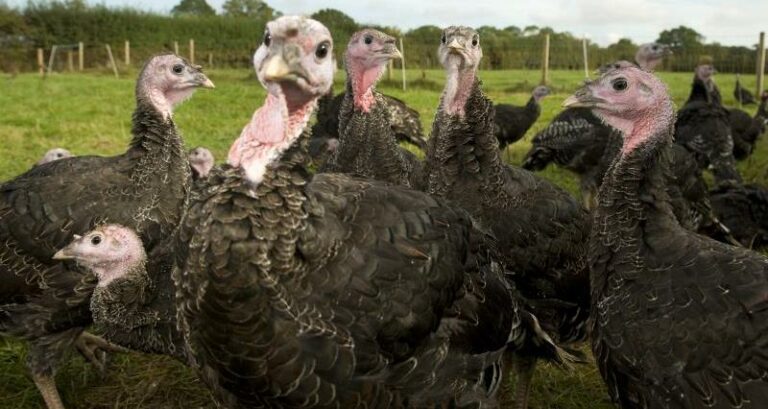The House of Lords Secondary Legislation Scrutiny Committee has expressed considerable concern about the Health Protection (Coronavirus, International Travel) (England) (Amendment) (No. 24) Regulations.
The instrument, which came into effect on 17 November during the current national lockdown, amends the International Travel Regulations to allow seasonal poultry workers coming to England from overseas to be exempt from the requirement to self-isolate, allowing them to mix with any other person living or working at the farm where they are based.
The exemption is likely to be used by around 5,500 workers from several Eastern European countries, mainly Poland, Romania, Bulgaria and Hungary. The committee said despite infection levels being currently very high in these countries, there is no requirement for the workers to provide evidence of a negative COVID-19 test before travelling, nor are they required to be tested on arrival at their place of work.
Additional Government guidance to employers recommends they should ensure workers do not leave their designated accommodation for the first 14 days after arrival, but the Committee raises the question about how employers could enforce that, particularly when it is only guidance and not law.
In its weekly report the Committee noted that the criteria for testing and other requirements are dependent on individuals displaying coronavirus symptoms and thereafter volunteering for a test which, if positive, will prevent them from working for at least 10 days.
As meat packing plants have been a focus of infection in both America and Europe the Committee expresses surprise that no special measures are envisaged for this work scheme and suggests that the House may wish to ask the minister how the risks of asymptomatic transmission from these workers can be managed if no routine testing is carried out.
The report concludes by further suggesting that the “exemption appears to put economic considerations above those of public health” and that the House may wish to press the minister on whether safer alternatives for achieving the policy objective of the instrument were considered.
Baroness Watkins of Tavistock, Committee Member, said: “At a time of national lockdown, we find the exemption granted under these Regulations particularly extraordinary and concerning, especially as it appears that no tailored programme of testing for these poultry workers is envisaged to address any potential infection risk, including that of asymptomatic transmission.
“We acknowledge the explanation provided by the Government that the exemption has been put in place to “prevent significant economic damage to an important UK sector”, and “ensure an adequate supply of food for the Christmas period”.
“We cannot but conclude however that the exemption appears to prioritise economic considerations above public health, which gives rise to considerable disquiet at the likelihood of proper implementation and enforcement of the Regulations and accompanying Guidance provided to employers.
“We would ask the House to press the Minister for further explanation, including whether safer alternatives for achieving the policy objective of the instrument were considered.”


